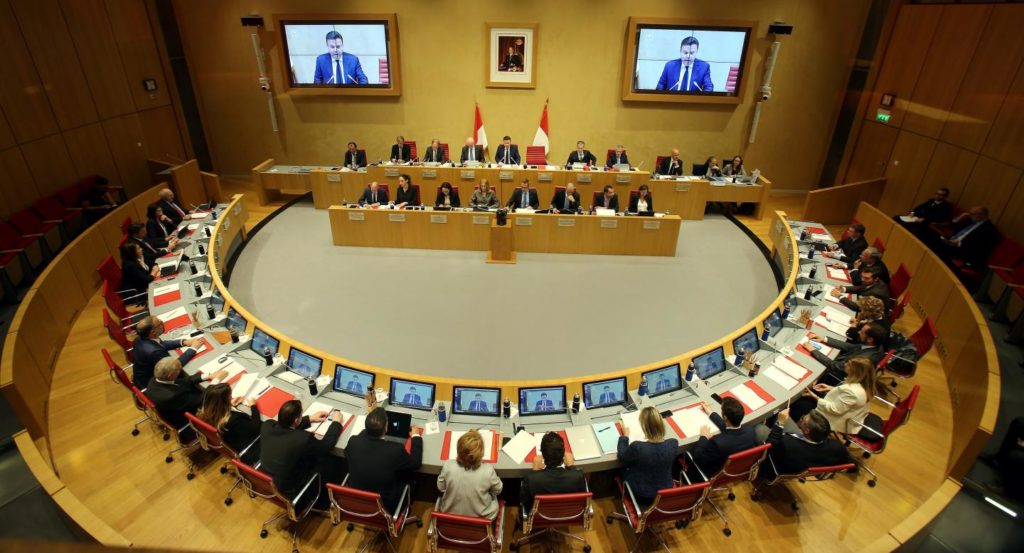Yesterday, the elected representatives of the National Council unanimously voted in favour of the bill decriminalizing the use of voluntary termination of pregnancy. But performing an abortion will remain prohibited in the Principality.
That it is sometimes difficult to enter into modernity at the same time. This is the idea we had yesterday when we attended the National Council’s public meeting. Even with the best of intentions, it was not until 2019 that Monegasque women or women residing in Monaco had the full right to dispose of their bodies, without legislative threat. Because yes, that’s it: the use of abortion is decriminalized (on the other hand, for those who do, it will still be necessary to wait to no longer be liable to prison).
But let us not have too hard a tooth: since 2009, pregnancies resulting from rape could be legally interrupted.
ABSOLUTE UNANIMITY
However, in recent months, the subject had been in the news and fed into many media on social networks. While the very Catholic Ireland allowed women to terminate their pregnancies in December 2018, Monaco still prohibited it.
The law had to be changed, and that is what the national advisers and the government did last night.
While the bill was passed on June 12, the government tabled less than two months after the bill was passed last night.
“We are pleased to note that the government has taken over, without modification, the operative part of the draft law. We express our conviction that the text to be voted on this evening, unanimously by the assembly, removes an injustice while respecting our specificities”, said Beatrice Fresko-Rolfo in the preamble, reaffirming the unanimity of the votes despite the different political colours.
Although the 24 Monegasque elected representatives, like the nationals they represent, have very different convictions and sensitivities on this issue of voluntary termination of pregnancy, they have found their unity in their common desire to defend our entire constitution.
An opinion shared by Stéphane Valeri: “We confirmed this evening that even if we have been elected on different lists and that we do not agree on everything, the elected representatives of the Monegasques know how to come together, when it is a question of preserving the unity of our community and that it is in the interest of our country.”
Government and elected officials recognized that in the face of the pain of voluntary termination of pregnancy, the prison could not be the answer.
LEGALLY, BUT NOT HERE
Despite a standoff between Nathalie Amoratti Blanc, the rapporteur, and Didier Gamerdinger, an adviser to the government-minister of social affairs and health, on the means to be implemented, all agree on the fact that prevention remains the best tool to avoid the use of abortion. To be avoided all the more since, if recourse is decriminalized, the practice of abortion remains prohibited, and is punishable by 5 to 10 years’ imprisonment, and, for health professionals, a suspension of at least five years or even an absolute inability to exercise. It will, therefore, be necessary to continue to go beyond the borders to undergo the painful ordeal.










